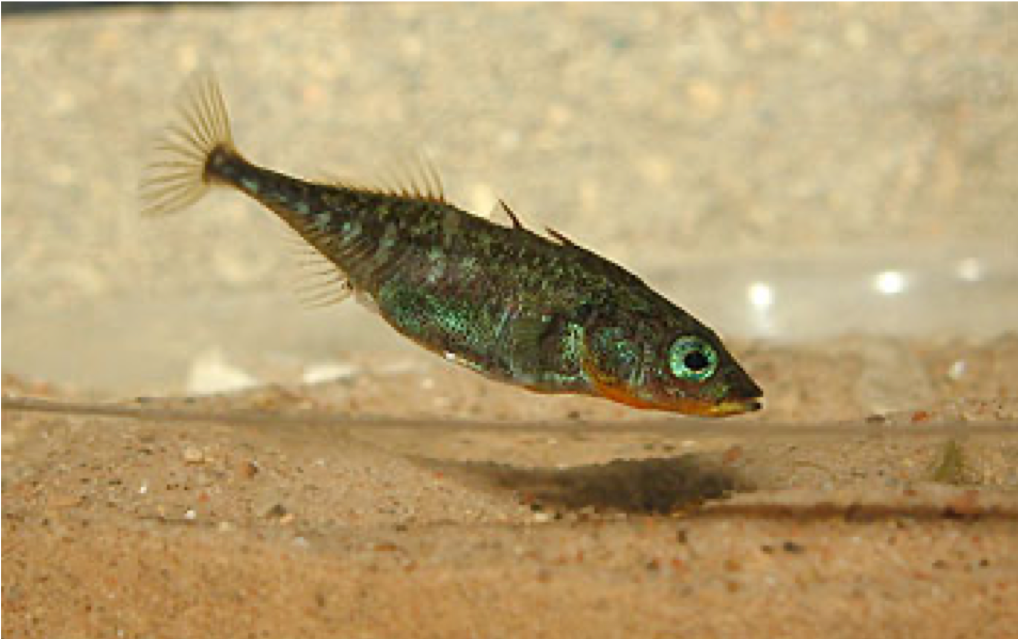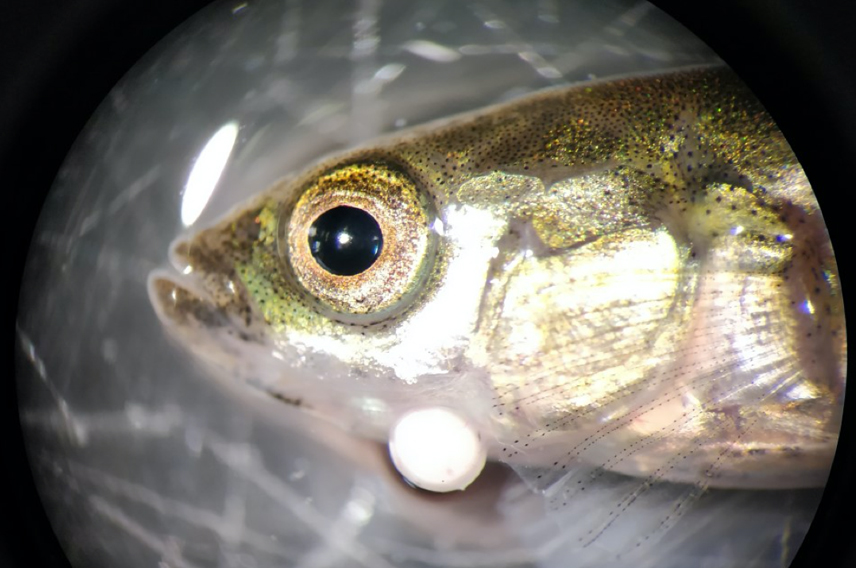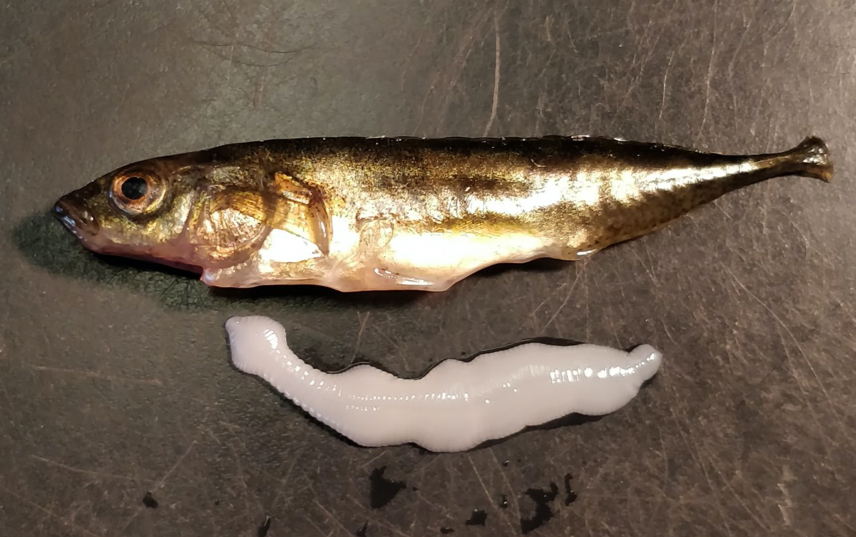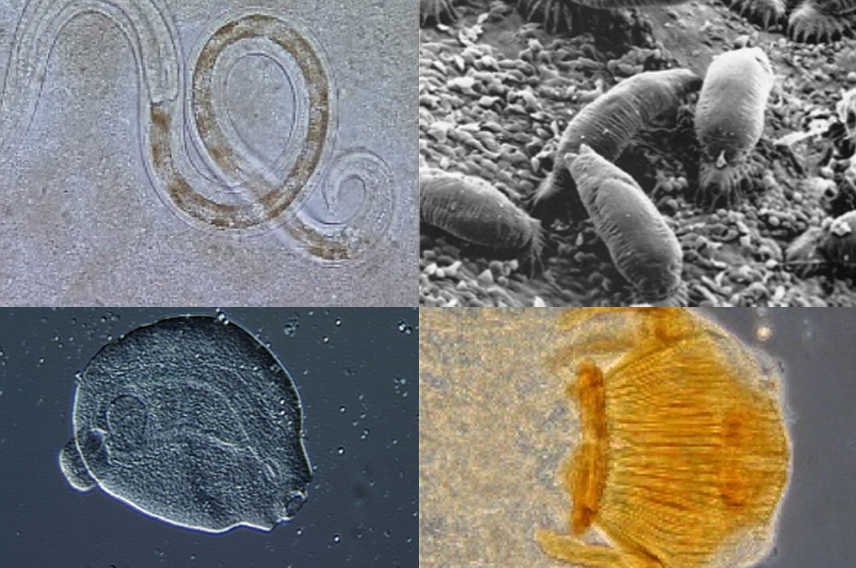Sticklebacks
Population genomics and host-parasite interactions in sticklebacks
Parasites are arguably one of the strongest selection pressures on host species. To better understand how parasites impact species’ evolution, we designed a research programme that focuses on three-spined sticklebacks and that combines experimental evolution and field surveys with genomic tools. Specifically, we ask:
- What are the underpinning mechanisms of parasite resistance? To address this question we use genome and methylation sequencing to decipher the relative contributions of adaptive processes and phenotypic plasticity. We also apply those tools to aquaculture related issues.
- How do parasite shape life-history strategies of their host? We mostly focus on how parasites affect feeding ecology of their host, particularly investigating niche displacement and evolutionary compensatory mechanisms.
- Can parasite pressures lead to eco-evolutionary dynamics? Parasites not only affect their hosts, but also the way their hosts interact with their environments. As such, eco-evolutionary dynamics are likely to emerge. Using population-based experiments we test the conditions under which such dynamics can be detected.



